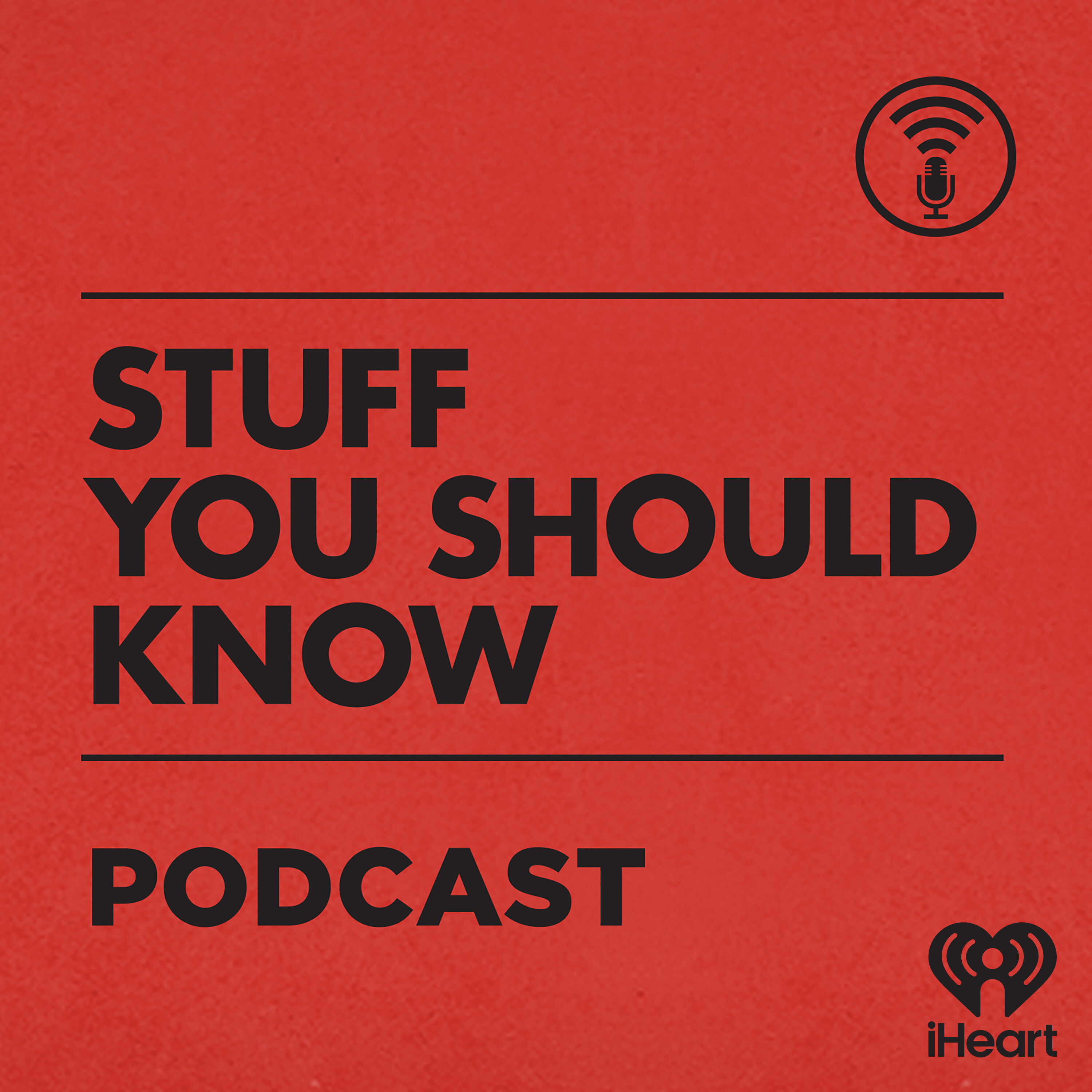Chapter
Clips
Tiny muscles in the Great Lakes are eating plankton, making the water clear enough to see shipwrecks at the bottom of Lake Michigan from the air, but it is not healthy for the lake as they eat all the plankton which is essential for the water's ecosystem.
23:50 - 25:18 (01:27)
Summary
Tiny muscles in the Great Lakes are eating plankton, making the water clear enough to see shipwrecks at the bottom of Lake Michigan from the air, but it is not healthy for the lake as they eat all the plankton which is essential for the water's ecosystem.
ChapterThe Ecological Impact of Invasive Species
EpisodeSelects: What is an invasive species?
PodcastStuff You Should Know
Fire ants are native to South America and they think that they stowed away on dirt that was scooped up as ships ballast and released in New Orleans.
25:18 - 26:22 (01:03)
Summary
Fire ants are native to South America and they think that they stowed away on dirt that was scooped up as ships ballast and released in New Orleans. Yeah, in like the thirties or forties. The researchers from University of Florida sounded identical to what the farmers from Arkansas sounded like in my head.
ChapterThe Ecological Impact of Invasive Species
EpisodeSelects: What is an invasive species?
PodcastStuff You Should Know
Asian carp were introduced to the US in order to clean pond water, but have since become a problem as they spread and consume large amounts of plankton.
26:22 - 27:22 (01:00)
Summary
Asian carp were introduced to the US in order to clean pond water, but have since become a problem as they spread and consume large amounts of plankton. They can weigh up to 100 pounds and have made their way into American waterways such as the Mississippi River and the Illinois River.
